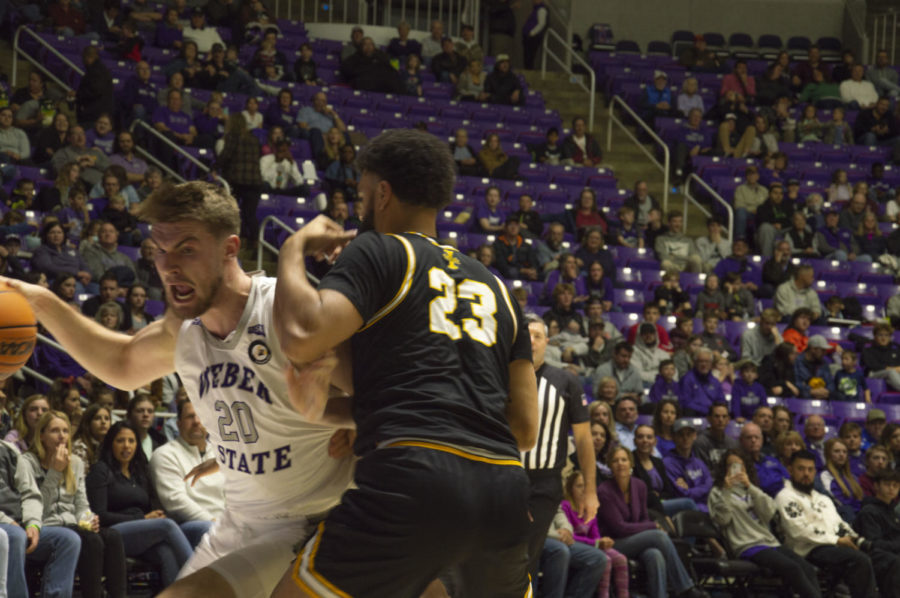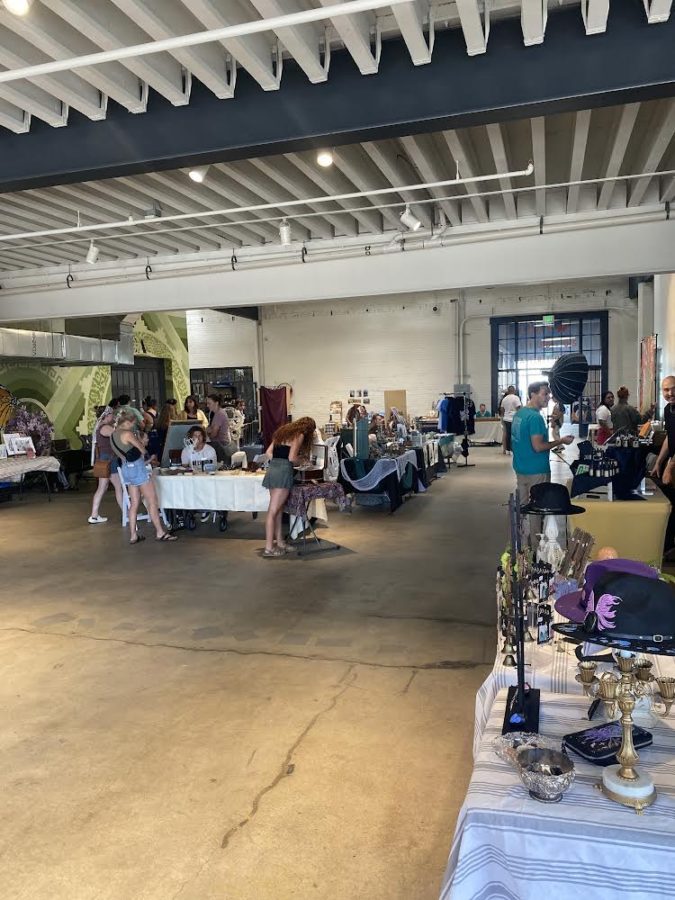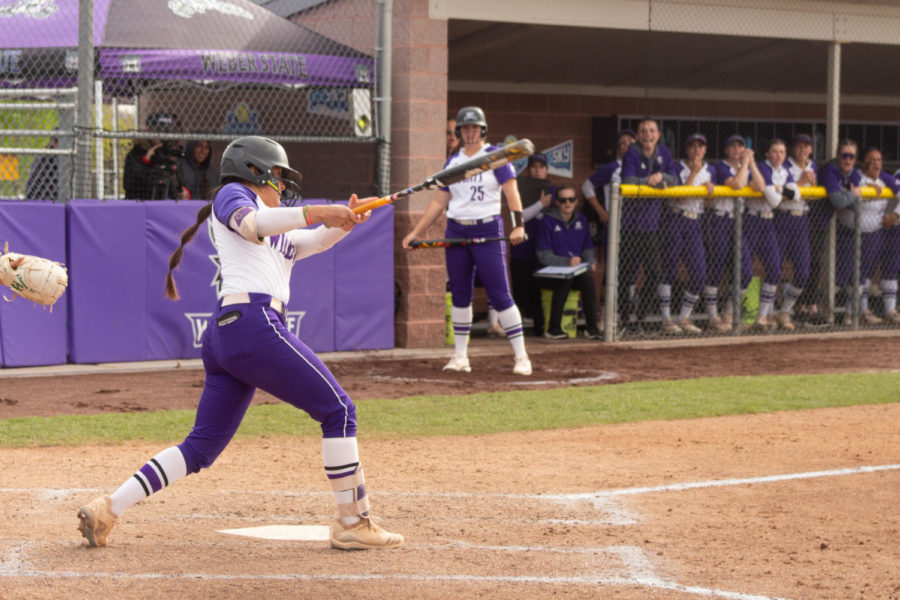
The Women’s Center’s recent change to confidentiality status furthers the efforts of Weber State University to protect victims of sexual assault.
Before this change, students who came to the Women’s Center for help found that the advocates had to report their case to police, regardless of their wishes. Now, students can now report sexual assault to the Women’s Center or other authorities without involving law enforcement.
Only some information, like a non-isolated incident that puts the whole student body at risk, must be reported.
“Ultimately, survivors do not have to reveal any information about themselves in order to get help from the Women’s Center,” said WSU Public Relations director Allison Hess. “The university takes reports of sexual violence very seriously and survivors are always able to file internal complaints.”
The U.S. Department of Justice in a 2014 report said 80 percent of female college students who were raped or sexually assaulted between 1995 and 2013 did not report the crimes to police. By having campus advocates and by not requiring them to report to police or institution, it makes it easier for the students to report assaults.
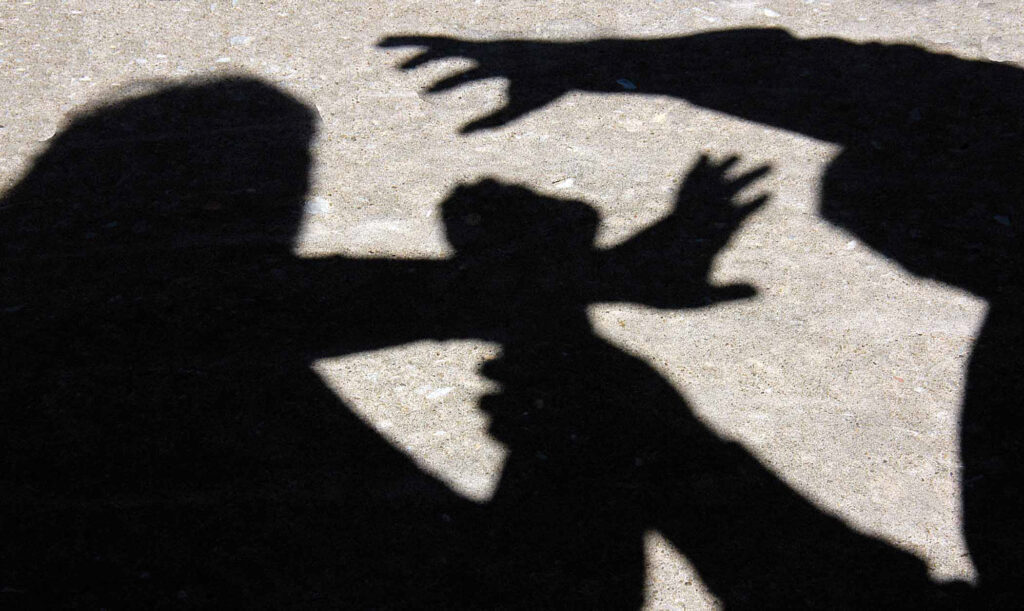
Stephanie McClure, Women’s Center director, hopes the confidentiality agreement will help students come forward.
“Giving institutions the ability to provide increased levels of confidentiality, and students increased ability to control their situations, will help us reduce barriers to accessing support services and build institutional trust to increase reporting,” McClure said.
Internal complaints are filed though the WSU Title IX coordinator Barry Gomberg, and criminal complaints go through the campus police department. Title IX is the federal law created to prevent sex-based discrimination on college campuses that receive federal funding, which is the majority of U.S. schools.
Changes have broadened Title IX to include sexual harassment and sexual violence. For schools to obtain and maintain funding, they must comply with Title IX requirements that require schools to respond and alleviate hostile environments on campus.
Failure to respond appropriately could result in a loss of funding.
Five Utah universities are now under Title IX investigation, including the University of Utah and Brigham Young University, due partly to their responses to students’ complaints that their reports of sexual harassment or assault were not properly handled.
A report from the U.S. Department of Justice finds that rape occurs in Utah at a rate higher than the national average, making it the only crime in which Utah’s rate is higher than the national average.
American Association for University Women, which performed research during the legislative session for Utah Representative Angela Romero and the Utah Coalition Against Sexual Assault, found survivors are much more likely to report to an advocate if they know it won’t be mandatorily reported to the institution.
Several Weber State University departments have worked closely together to make WSU a place where students decide whether they want their case reported. The Women’s Center, Weber State University Police Department and Gomberg decided that turning Weber into a confidential campus was in the best interest of students.
“We have seen phenomenal improvement in the support services provided to those who have experienced sexual assault, dating violence, domestic violence and stalking,” Gomberg said.
Gomberg credits these changes to a team working together to achieve a common goal.
“One of the significant changes we have seen in the last two years, is the extraordinary, nationally recognized prevention work accomplished by WSU Women’s Center, in coordination with the Chief of the WSU Police Department,” Gomberg said.
He also mentioned students can receive training to better understand the importance of consent, increase bystander intervention and support other prevention strategies.
Part of Weber’s shift to help sexual assault survivors includes various campus resources. For instance, WSUPD now offers self-defense training to interested students.
In addition, WSU police officers who respond to reports of sexual assault receive training in Trauma-Informed Investigation procedures.
“Our police department is survivor-oriented,”Chief of Police Dane LeBlanc said. “Our goal is to encourage survivors to come forward and keep offenders from doing any more harm to anyone.”
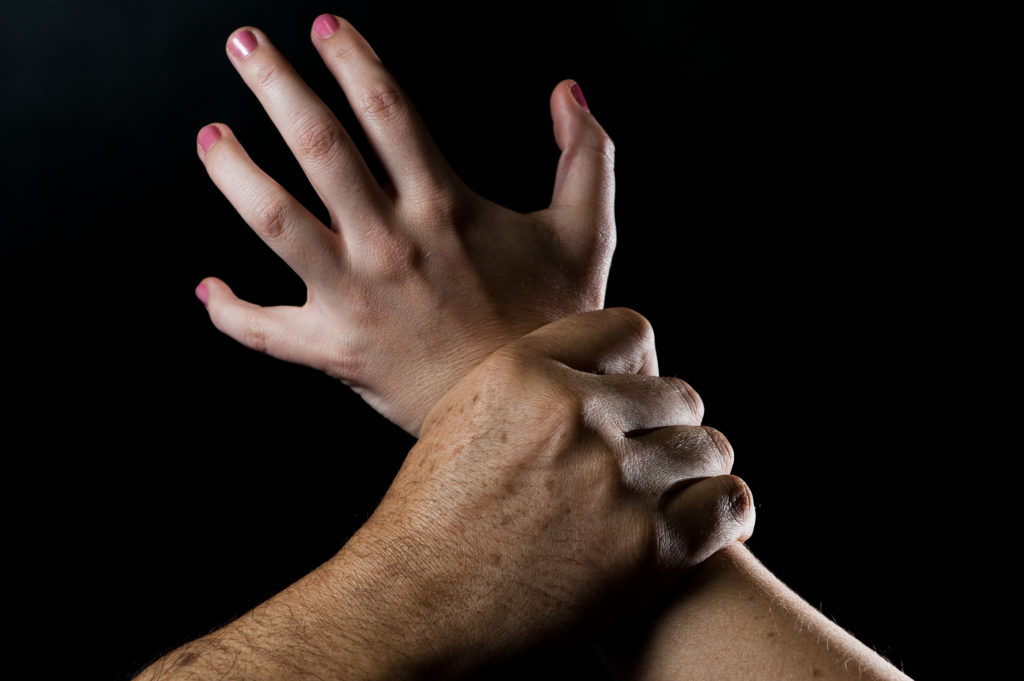
Paige Davies, Women’s Center’s victim advocate, coordinated the services of resources found both on and off campus. This has included securing faculty cooperation with student survivors, help with registration and financial aid services, connecting students with emergency and longer term counseling and other critical support services.
These services are now offered with a greater degree of confidentiality than was previously available.
“We encourage members of our WSU community to come talk to us so we can provide more detailed information to each individual,” Davies said.
Whether the assault occurred on or off campus, Gomberg said the survivors can still find help at the university.
“Even if an assault or other sexual misconduct that a student experienced had nothing to do with WSU, the university will do its best to help the student recover and be able to succeed academically,”Gomberg said.








